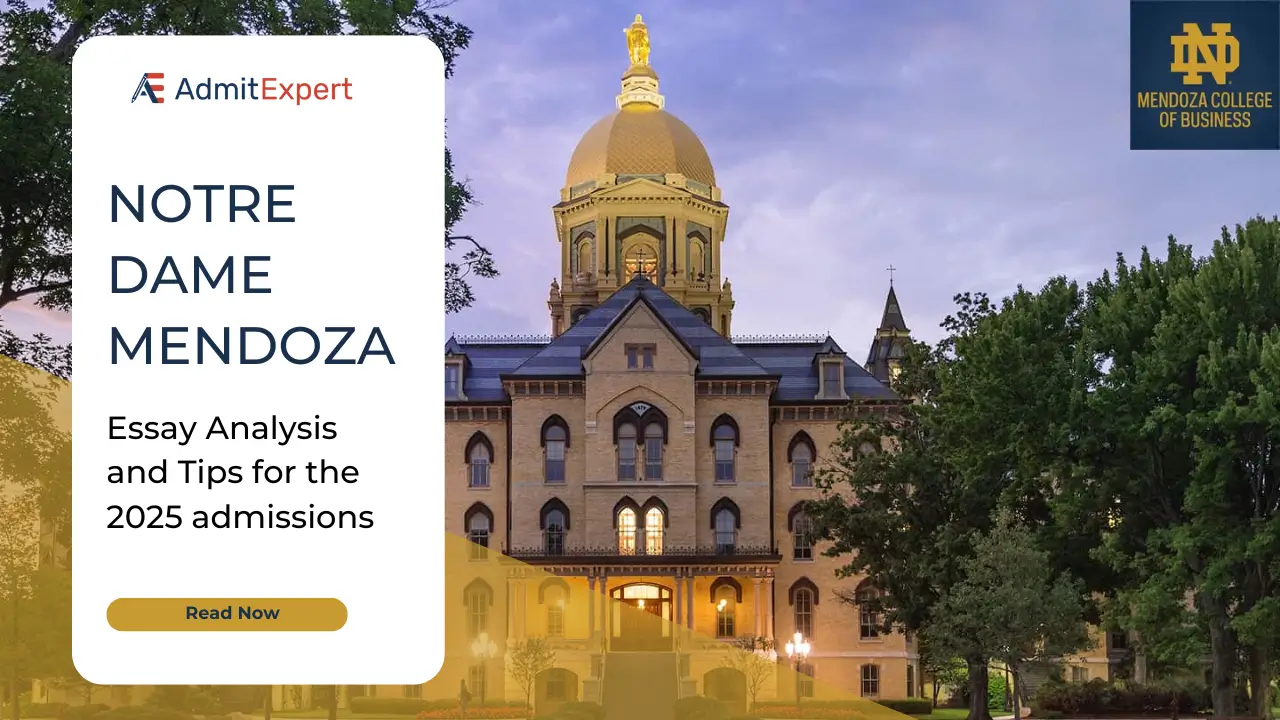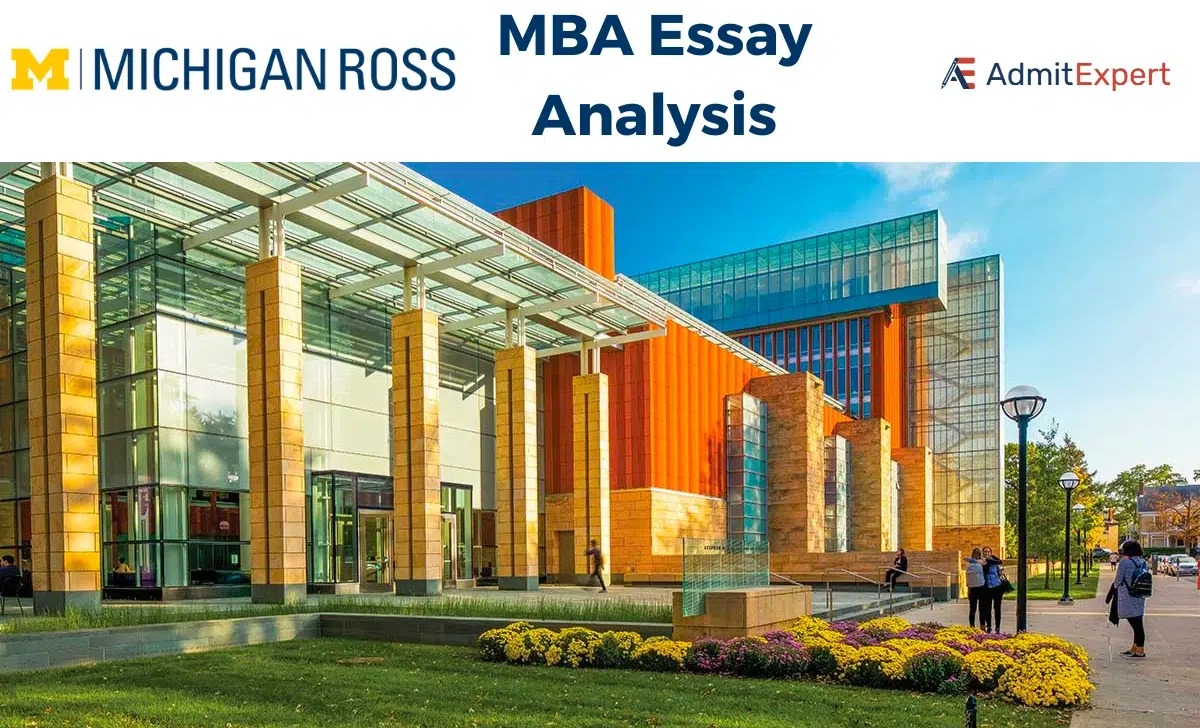MBA programs typically have three application rounds: Round 1, Round 2, and Round 3. The deadlines for these rounds are usually in September, January, and April respectively.
Most MBA applicants have to decide on which application round to submit their application. You have to make this decision to maximize your chances of getting into your target business schools. The first question that would have crossed your mind: Which round offers the best chance of admission: Round 1, Round 2, or Round 3? The answer is: It depends.

Each round has different advantages and disadvantages, so you need to carefully consider your options before deciding which one to choose.
In this blog post, we’ll explore the pros and cons of each application round so you can make an informed decision about which one is right for you.
Round 1 vs Round 2 MBA Application Round – Which Factors to Consider
So how do you decide which MBA application round to apply in, Round 1 or Round 2?
Here are a few factors to consider:
- First, think about your goals and objectives. Do you want to start your MBA as soon as possible? Or do you need some time to prepare financially and professionally?
- Second, take a look at your test scores. If you’re not confident that your GMAT or GRE score is high enough to get you into your target business school, it may be worth waiting to apply in a later round.
- Finally, are you an international student? If yes, you might want to apply in Round 1 or Round 2, so that you have ample time for visa-related formalities.
However, your decision also depends on the advantages and disadvantages of each Round and how MBA admissions committees assess applications in each round.
Take a look at this article to know an ideal MBA application timeline and MBA application deadlines.
Round 1 of MBA Application
MBA applications for Round 1 are typically due in early October and decisions are released in mid-December. Applying in Round 1 gives you the best chance of getting into top MBA programs because MBA admissions committees have the largest number of spots to fill in Round 1.
Advantages of applying in Round 1 of MBA Application
When you apply in Round 1, the admissions committee hasn’t admitted anyone yet, so there’s no risk of being rejected if you belong to the over-represented applicant pool.
Therefore, it’s important to apply in Round 1 if you are from an over-represented category, one where business schools will see a large number of well-qualified individuals in the applicant pool — e.g. Indian men in the tech industry.
Furthermore, 100% of the year’s scholarship budget is still available, which means that the chances of winning a scholarship are also higher.
Who should apply in Round 1?
If you think that you have enough time to write great essays, get good letters of recommendation, have a good GMAT score, and you’ll be able to submit a solid application then go ahead, and apply in Round 1 without a thought.
Round 2 of MBA Application
MBA applications for Round 2 are typically due in early January and decisions are released in late February or early March. Applying in Round 2 gives you a good chance of getting into MBA programs, but not as good as applying in Round 1.
MBA admissions committees have fewer spots to fill in Round 2, so they can be more selective.
Advantages of applying in Round 2
Applying in Round 2 of MBA admissions can offer some distinct advantages over applying in Round 1.
Round 2 applicants often have more time to prepare their applications and make relevant improvements in your profile.
With the extra time, you can
- Obtain strong letters of recommendation
- Work to improve your GMAT score
- Network with existing students and alumni
- Visit the campus, if you’re in the same country as the business school
As a result, applicants who take the time to research their options and prepare a strong application often find that they are rewarded with a spot at their dream school.
Who should apply in Round 2?
If you want to make meaningful improvements to your MBA profile you should consider applying in Round 2. This includes:
Retaking the GMAT – GMAT is an important component of an MBA application and therefore If you have an average GMAT score and want to score high to improve your overall application.
You have a hectic schedule – You’re working a 60+ hour work week and cannot put in enough time to your application. If you also haven’t researched the target MBA programs thoroughly and want more time to select your target business school then round 2 is the ideal round for you.
You’re due for a promotion – If you’re expecting a promotion at work then your application would be stronger if you submit it after it happens. Don’t rush in to submit your application in Round 1 in this case.
If you are applying to 7 or more B-schools. In that case, you might not have enough time to prepare the application for all B-schools in round 1. Hence, you might have to push a few school applications to round 2.
Take a look at these article on how to write a compelling essay and a resume to impress.
Round 1 vs Round 2 – MBA acceptance rate
This data would tell you which MBA Application Round has a better chance of acceptance. The below data is based on self-reported information on gmatclub. You’ll see that the Round 1 acceptance rate is higher than Round 2 for the top 10 business schools and thus, Round 1 offers you a better chance of getting an admit to the top 10 business schools
| S. No | Business School | MBA Application Round 1 | MBA Application Round 2 |
| 1. | Harvard Business School | 13% | 8% |
| 2. | Wharton | 20% | 20% |
| 3. | Chicago Booth | 26% | 23% |
| 4. | Stanford GSB | 6% | 6% |
| 5. | Northwestern Kellogg | 22% | 20% |
| 6. | MIT Sloan | 18% | 10% |
| 7. | Berkeley Haas | 14% | 14% |
| 8. | Dartmouth Tuck | 26% | 24% |
| 9. | Columbia Business School | 20% | 16% |
| 10. | Yale School of Management | 21% | 21% |
| 11. | Michigan Ross | 26% | 31% |
| 12. | NYU Stern | 19% | 22% |
| 13. | Duke Fuqua | 24% | 23% |
| 14. | Virginia Darden | 29% | 28% |
| 15. | UCLA Anderson | 19% | 22% |
| 16. | Cornell Johnson | 33% | 33% |
| 17. | Texas McCombs | 32% | 28% |
| 18. | UNC Kenan-Flagler | 22% | 20% |
| 19. | CMU Tepper | 25% | 36% |
| 20. | Emory Goizueta | 27% | 35% |
| 21. | Georgetown McDonough | 41% | 47% |
| 22. | Indiana Kelley | 22% | 39% |
| 23. | Washington Olin | 31% | 31% |
| 24. | USC Marshall | 26% | 32% |
| 25. | Arizona State University (Carey) | 37% | 20% |
| 26. | Vanderbilt University Owen | 41% | 41% |
Round 3 of MBA Application
MBA applications for Round 3 are typically due in early March and decisions are released in late April or early May. Applying in Round 3 gives you the least chance of getting into MBA programs because MBA admissions committees have the smallest number of spots to fill in Round 3. By Round 3, we also mean the final application round. It could be Round 4 in the case of some business schools.
Who should apply in Round 3?
You should consider applying in Round 3 only if:
- You belong to an underrepresented applicant pool
- You are applying to less selective business schools which typically are ranked between 10 and 25
- You have an extraordinary profile
- You had a personal emergency or exceptional circumstances that prevented you from applying in Round 1 or 2
Which Business Schools offer a better chance of getting an admit in Round 3
These business schools have a good Round 3 acceptance rate according to self-reported data on gmatclub:
| Business School | Round 3 MBA Acceptance Rates |
| Johnson Cornell | 30% |
| Texas McCombs | 24% |
| UNC Kenan-Flagler | 38% |
| Goizueta Emory | 24% |
| Georgetown McDonough | 32% |
| Indiana Kelley | 34% |
| Washington Olin | 28% |
| ASU Carey | 37% |
| Vanderbilt Owen | 45% |
In which round should international applicants apply?
If you are an international applicant, it is always better to apply in Round 1 or Round 2. Applying in Round 3 gives you limited time to complete visa-related formalities. Moreover, the chance of getting an MBA Scholarship is much more if you apply early. Therefore, it’s always better to apply as early as possible.
Final thoughts
So, what’s your round? Applying in Round 1 gives you an advantage because schools have more time to review your application and make a decision.
However, if you know that some areas of your application need improvement, applying in Round 2 may be the better option for you.
No matter when you decide to apply, remember that the most important part is submitting a well-crafted application. And don’t forget – we can help!
At Admit Expert, we offer a free first consultation so that you can get all of your questions answered about the MBA admissions process. Schedule your call today to get started on your journey to business school.




